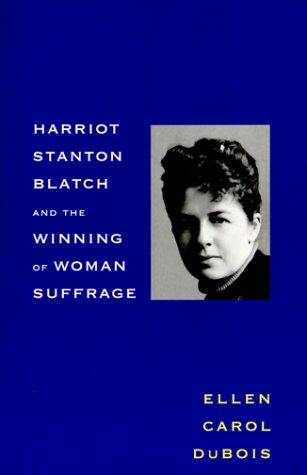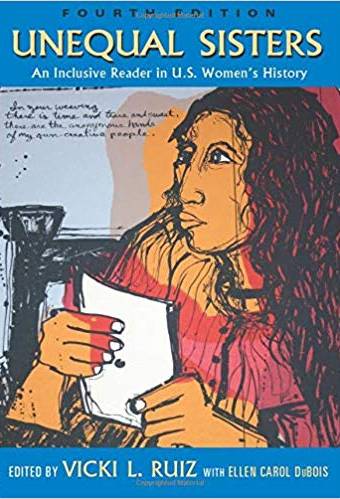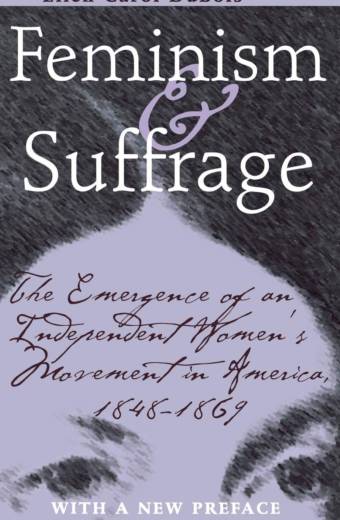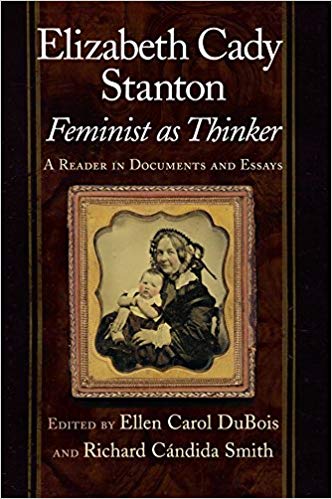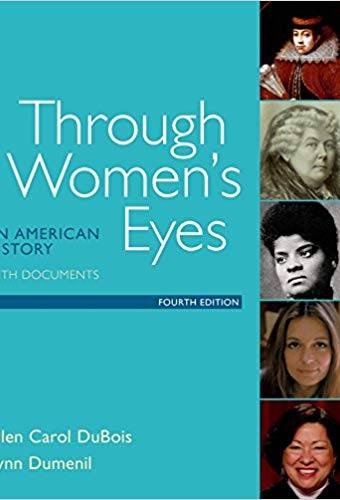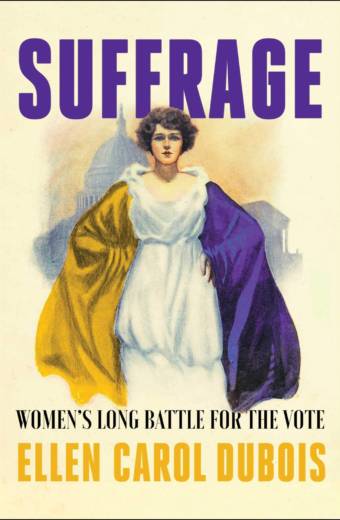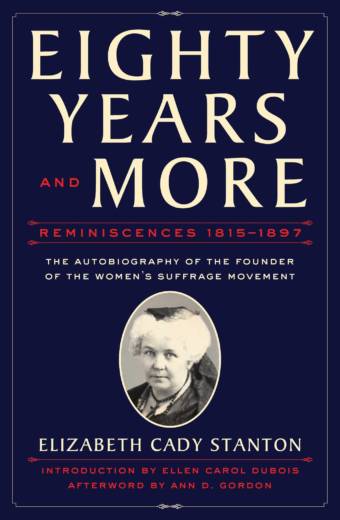Description
Harriot Stanton Blatch (1856-1940), daughter of the famous suffragist Elizabeth Cady Stanton, played an essential role in the winning of woman suffrage in the United States. This powerfully written book is both a biography of Harriot Blatch and a new appraisal of the winning and aftermath of the American woman suffrage movement.
Harriot Blatch’s dedication to the realization of woman suffrage, marked by a concern for social justice and human liberty, closely paralleled that of her mother. However, says Ellen DuBois, Blatch was also very much her own woman. For almost two decades, she put an ocean’s distance between her mother and herself, marrying an Englishman, raising a daughter in England, and absorbing the new political currents of Fabian socialism that helped her see the possibilities of a modern women’s rights movement. After her mother’s death in 1902, Blatch returned to the United States. There she expanded suffragism’s class basis, encouraged a more lively activist style, and brought a genuine political sensibility to the movement. And though she devoted herself to enfranchisement, she also envisioned feminism going further to encompass economic power and independence for women as well. DuBois tells the story of Blatch’s life and work, in the process reinterpreting the history and politics of the American suffrage movement and the consequences for women’s freedom.
- “A fascinating read. The book rewrites the history of the suffrage movement in New York in the early twentieth century, restoring Blatch to her position of central importance.”—Nancy Cott, author of Bonds of Womanhood
- “Ellen Carol DuBois has done more than any contemporary historian to bring to life the history of suffrage politics, and she sees a great deal at stake in these efforts to preserve the sense of a complex historical legacy. She is exquisitely attuned to the undertow of disaffiliation between women in this high-flying political movement.”—Christine Stansell, The New Republic
- “DuBois’s book is an impressive achievement. It not only demands the attention of historians, who will have to reckon with DuBois’s reinterpretation of the suffrage struggle, but also deserves a wide readership among undergraduates, who will find Stanton Blatch to be a compelling and thought-provoking figure.”—Elizabeth R. Varon, American Historical Review
- “In this meticulously researched and tremendously engaging biography, Ellen DuBois continues her career-long evaluation of the significance of the woman suffrage campaign to the emancipation of American women… DuBois challenges us to rethink the long campaign for women’s emancipation, insisting upon the centrality of economics and working-class politics to any understanding of the movement. DuBois’s study appears amidst a boom in suffrage scholarship, and readers will find in it some of the best new work in the field.”—Lisa Tetrault, Law and History Review
